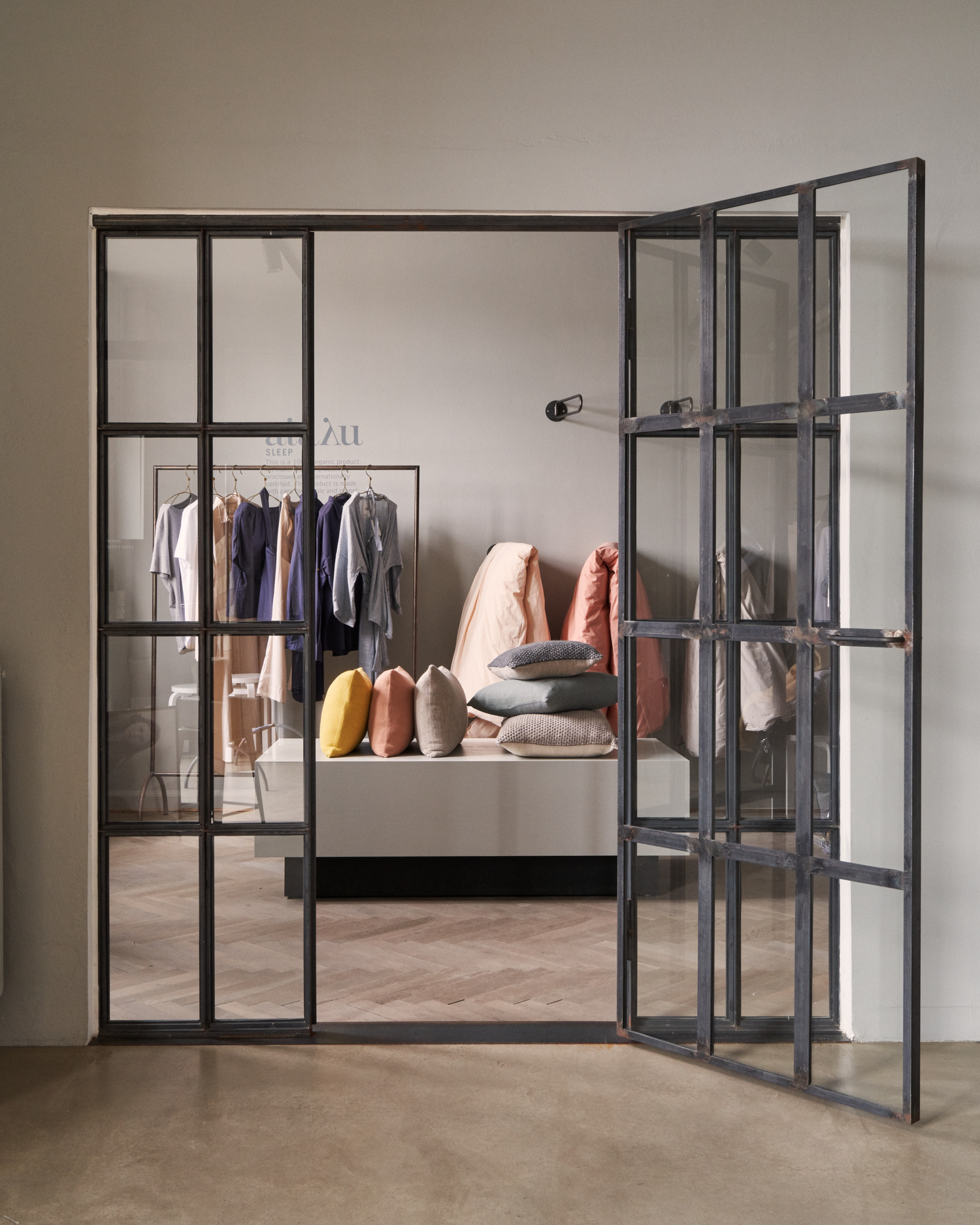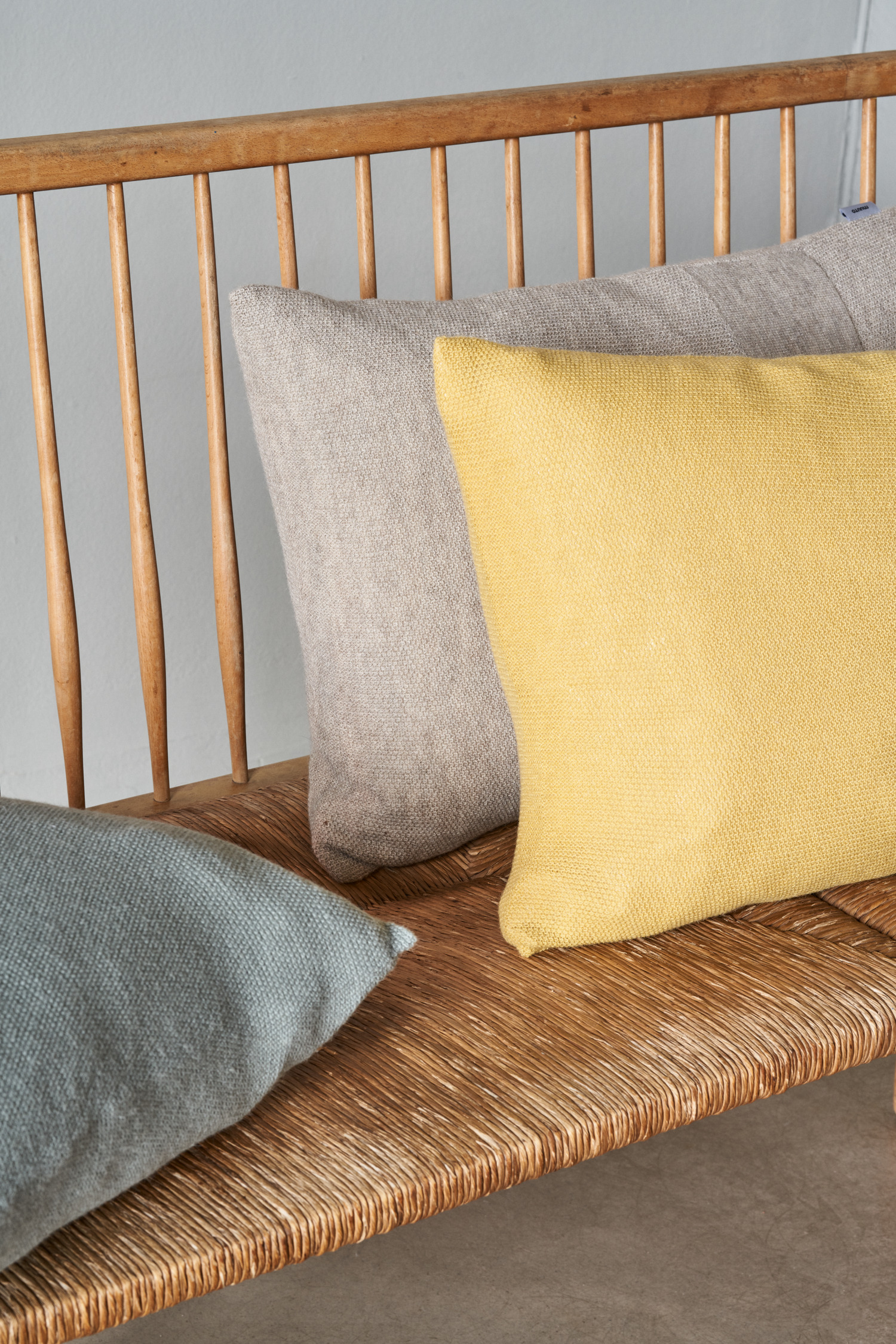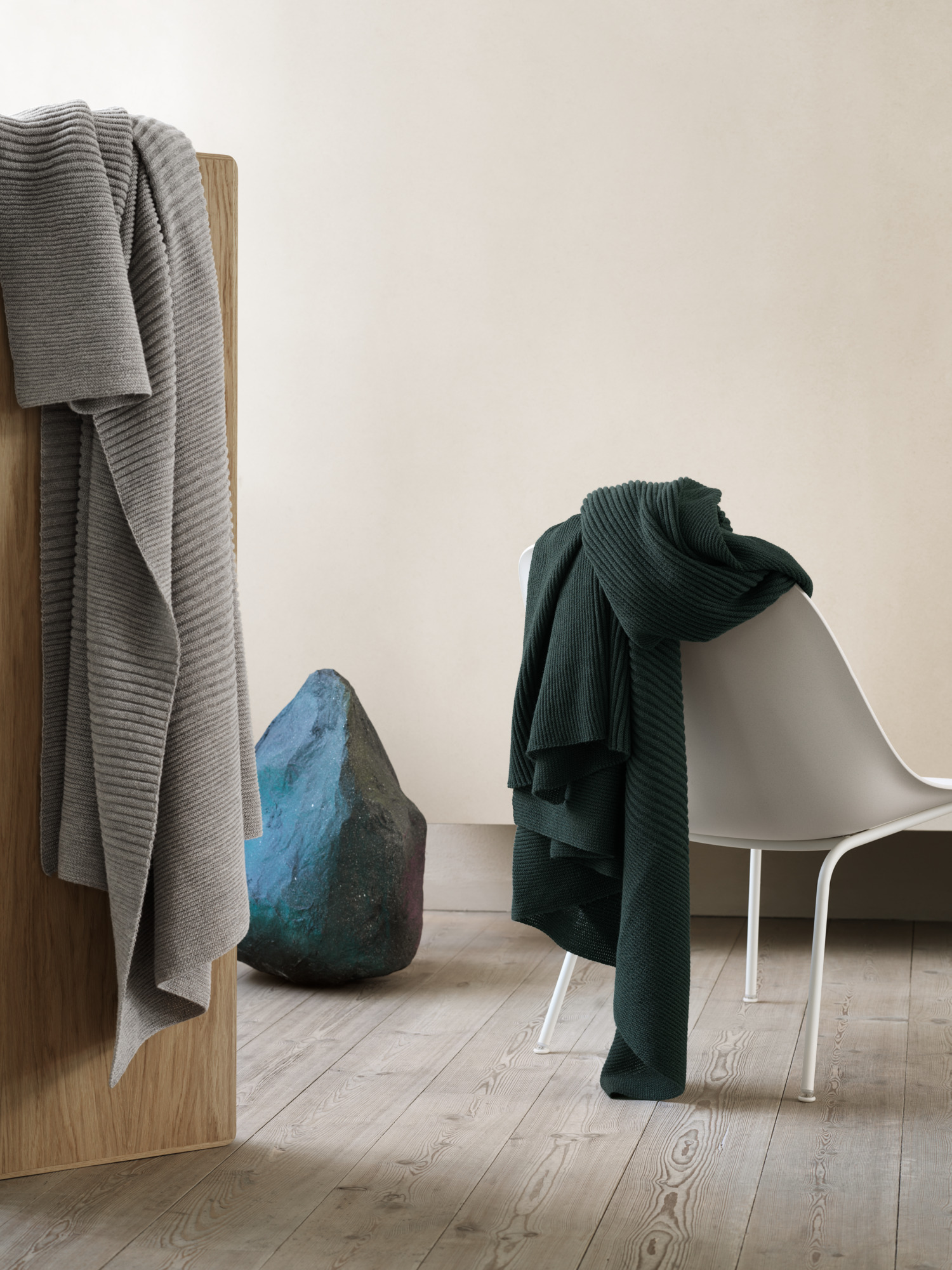where do you wish to go?
we have built unique experiences adapted to your exact needs. Whether you want to learn more about Muuto or are an architect or designer looking for inspiration from our tailored toolbox.
Select country
our guess is, you're located in
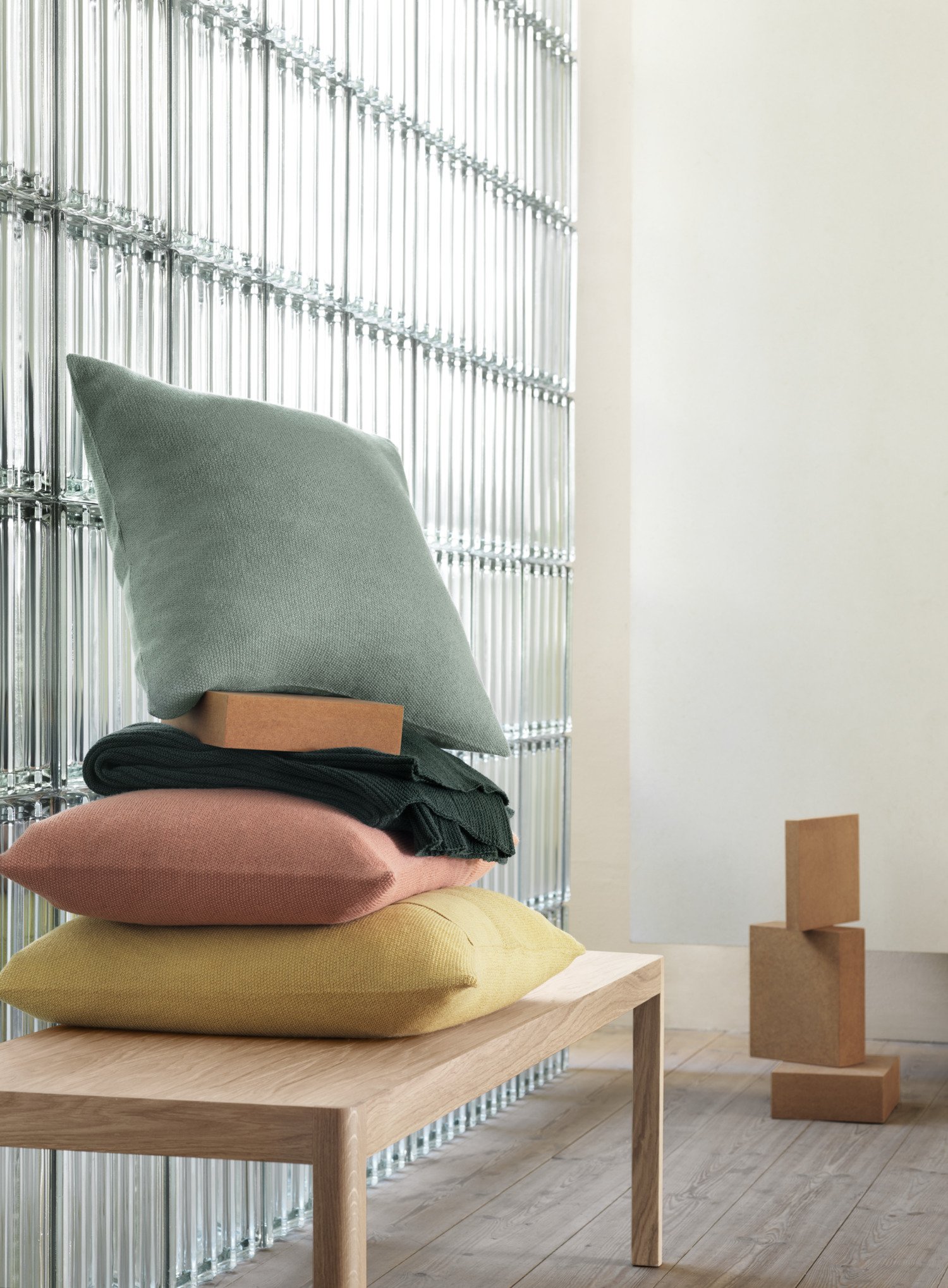
ROOTED IN
NATURE
—
AIAYU FOR
MUUTO
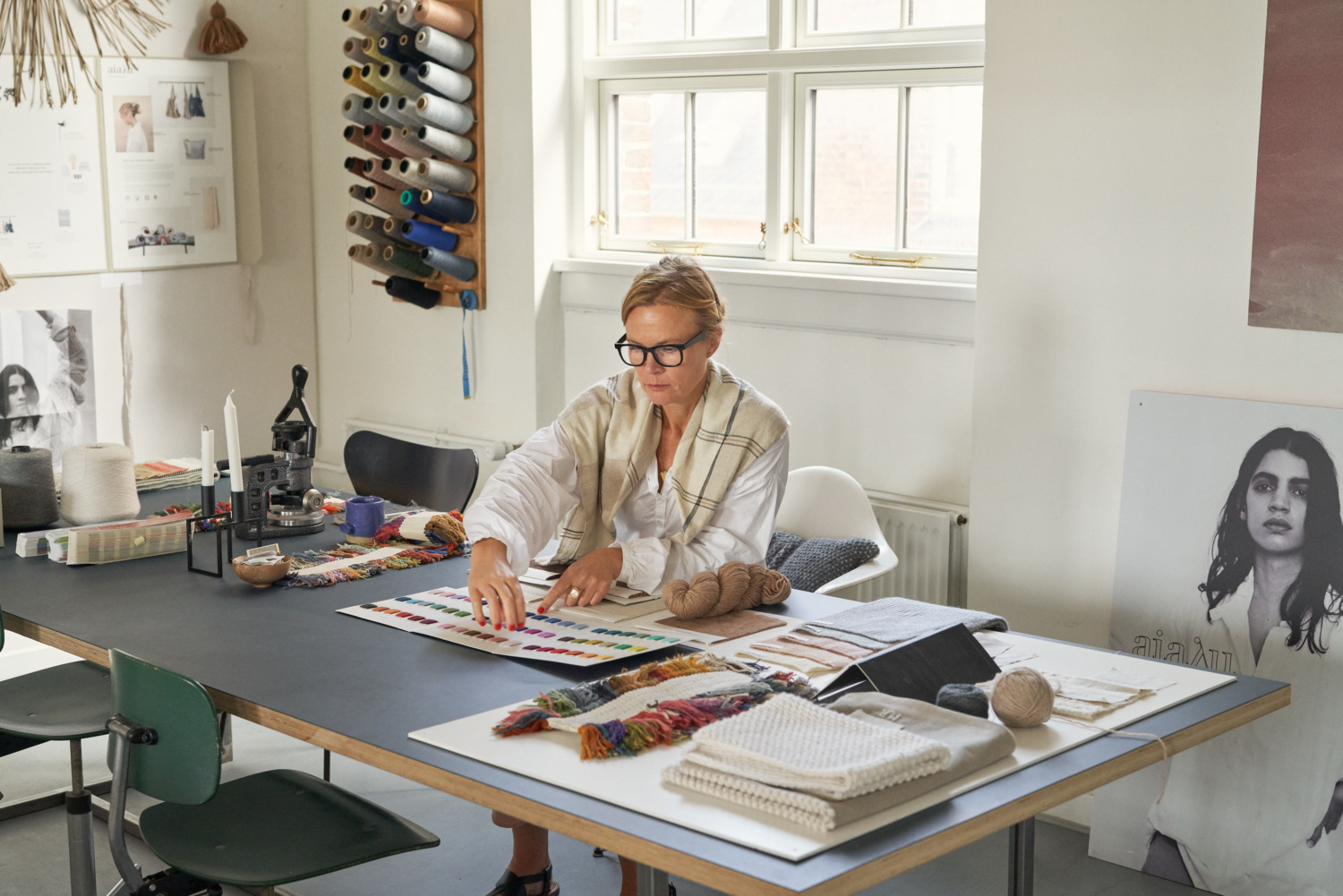
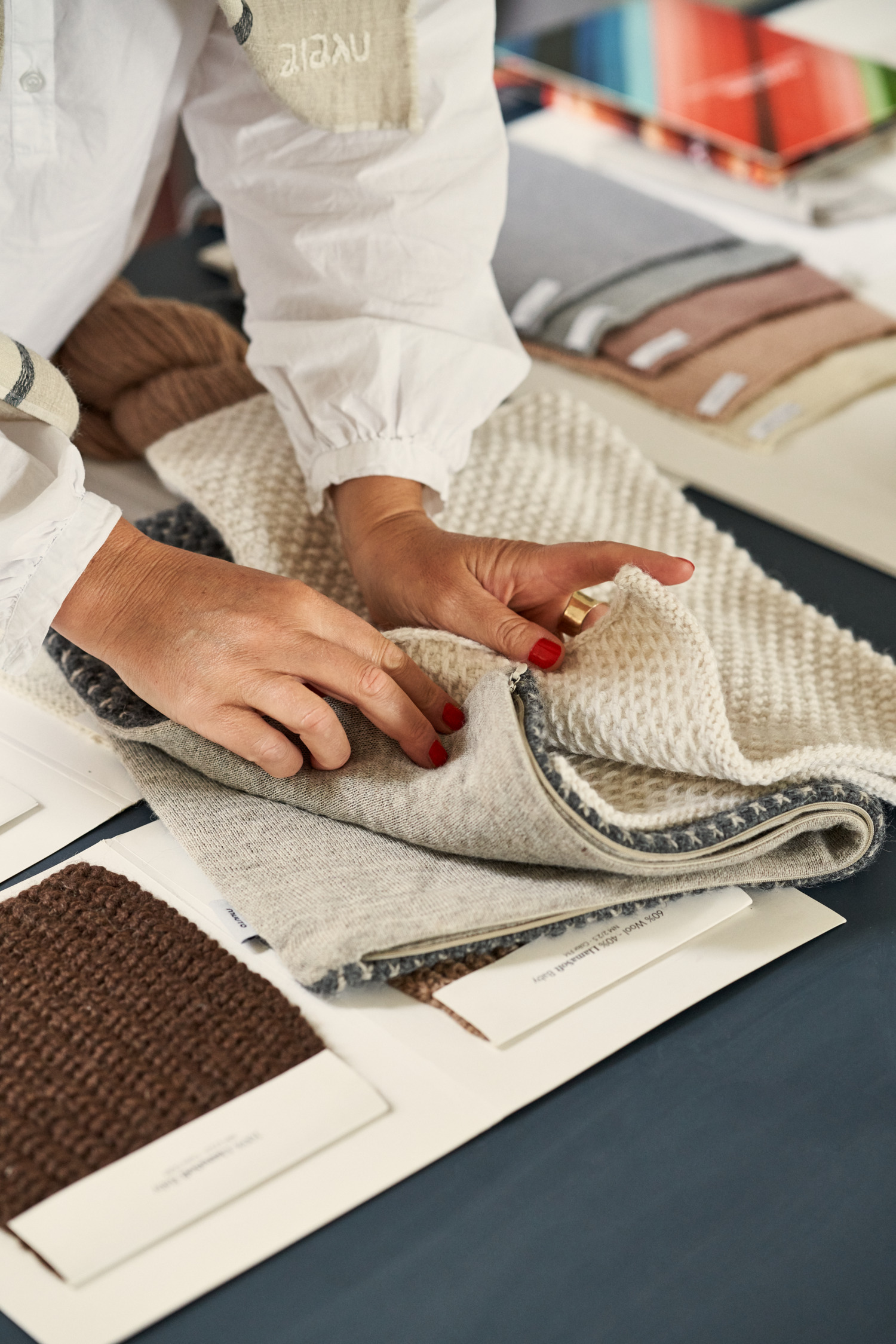
Founded in 2005, Aiayu is created from a belief that the origin, sustainable character and environmental, social impact of a product is just as important as its visual aesthetics, creating timelessly modern objects for everyday life.
“Aiayu is rooted in nature’s own materials—our inspiration stems from finding natural, sustainable materials and colors. We refine the things that nature has created through our gentle natural palette, revealing materials and yarns primarily in their natural color, made without the use of chemicals dyes”, says Aiayu founder and Head of Design, Maria Høgh Heilmann.
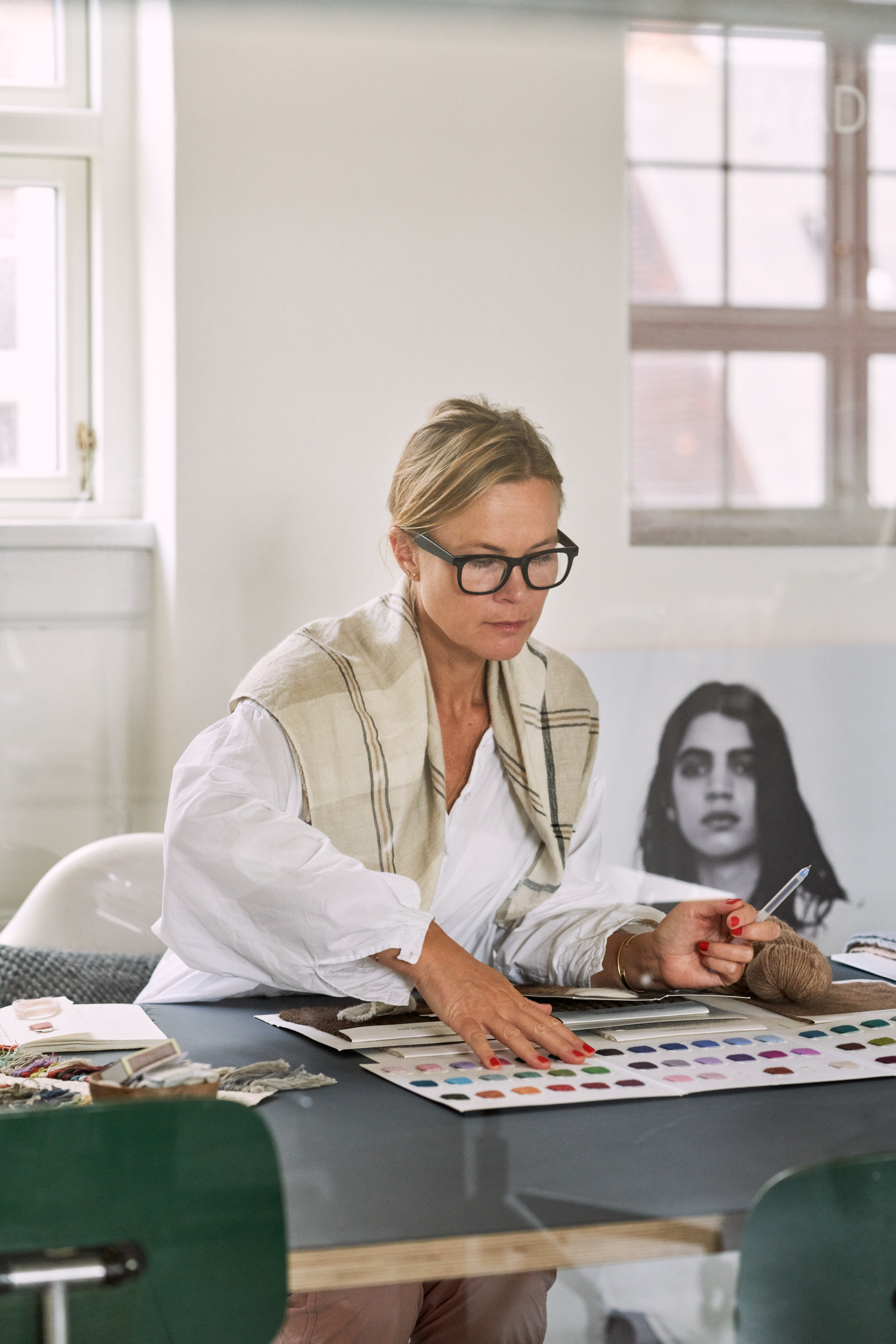
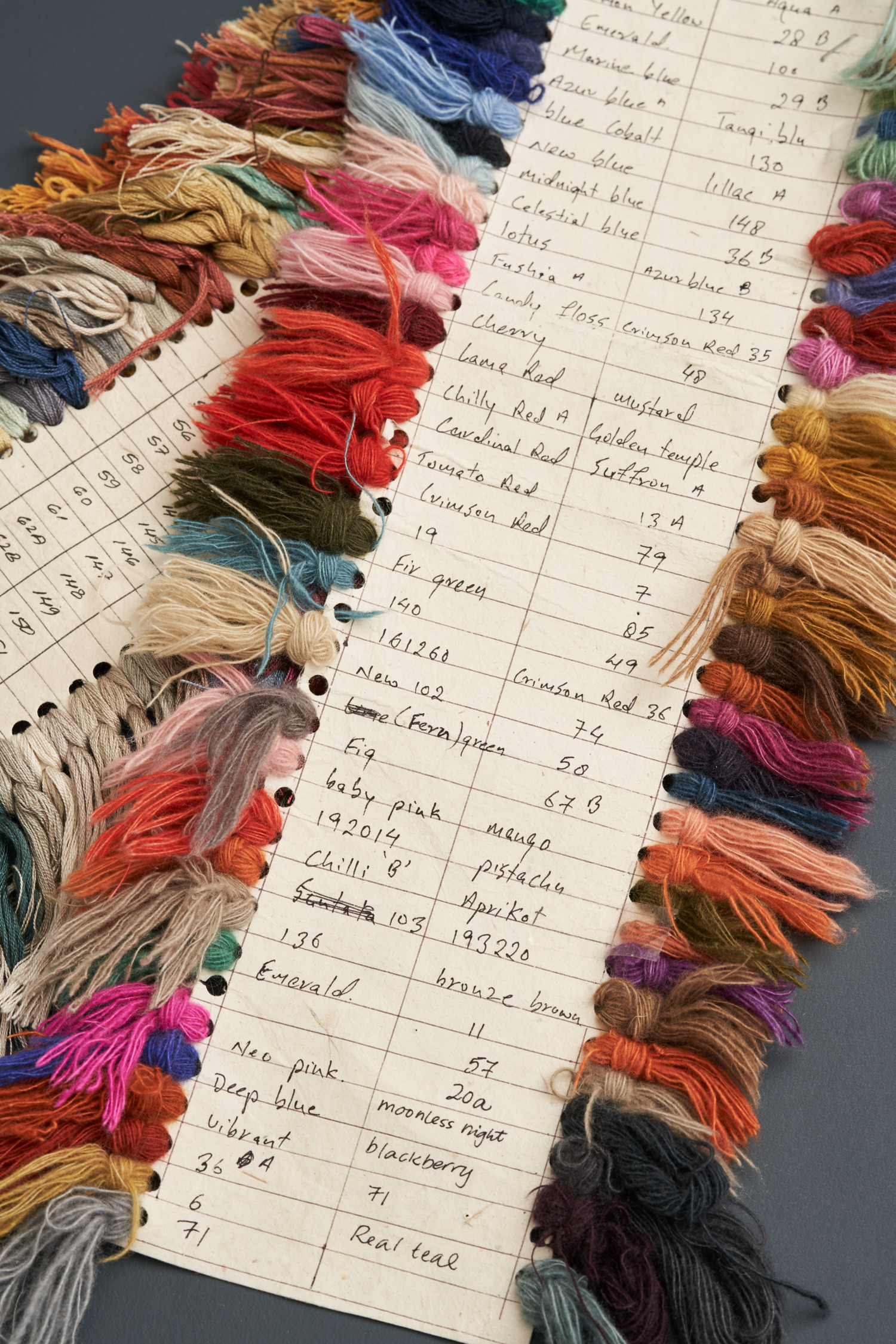
Spanning across the designs of Layer Cushion, Rhythm Throw, Twine Cushion and Ample Throw, the range of Aiayu for Muuto home textiles are made in Bolivia using baby llama wool.
Speaking on the production in Bolivia and the process behind it, Høgh Heilmann notes: “After visiting Bolivia for the first time nearly 16 years ago, I saw a huge potential in creating our wool and knitting production in the country. Back then, Bolivia was an undiscovered gem with traditional craftsmanship within knitting and refined materials alongside the baby llama wool and its superior quality. Creating our production in Bolivia allowed for us to do things in different ways than what the rest of the industry was doing; it allowed us to do things our way.”
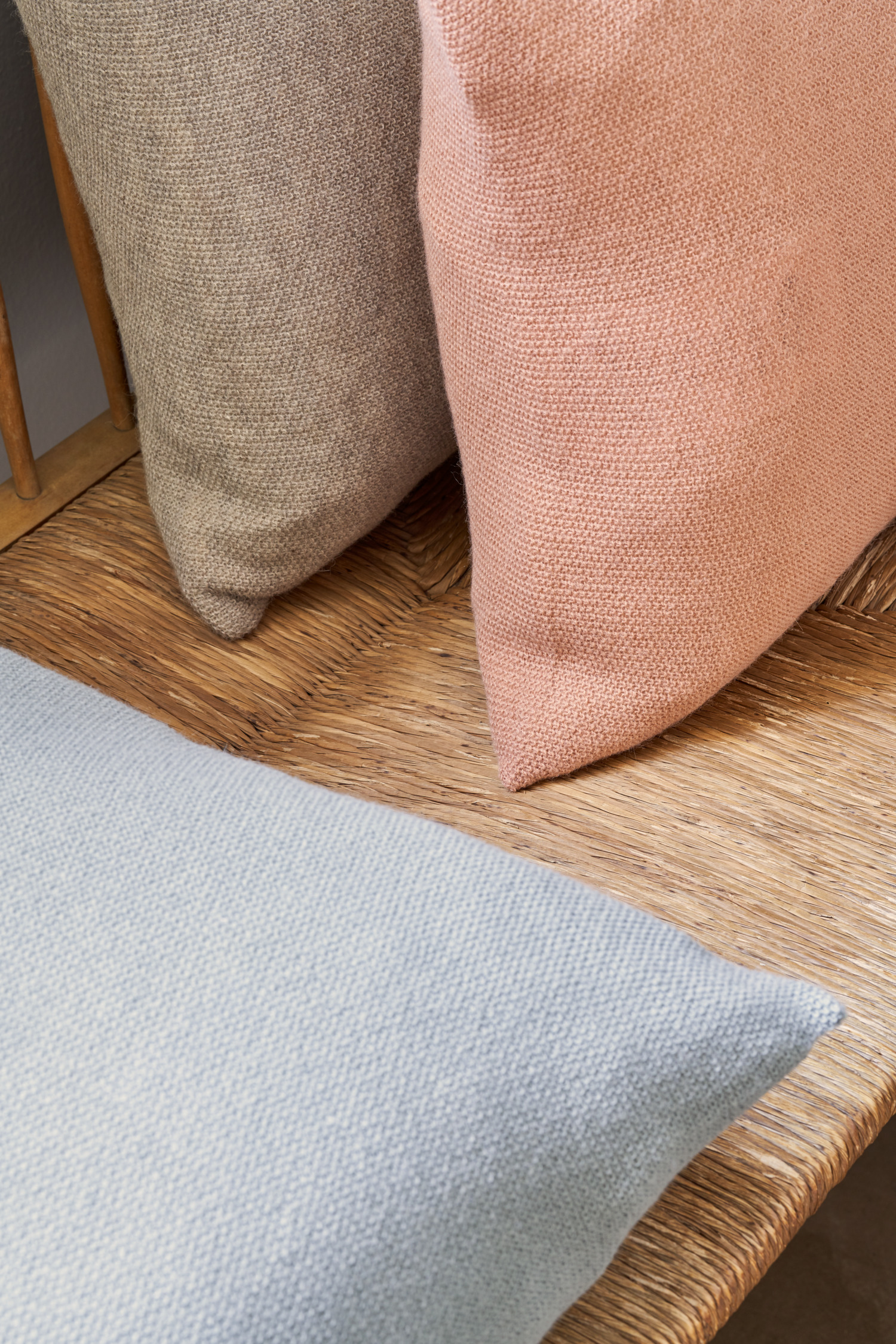
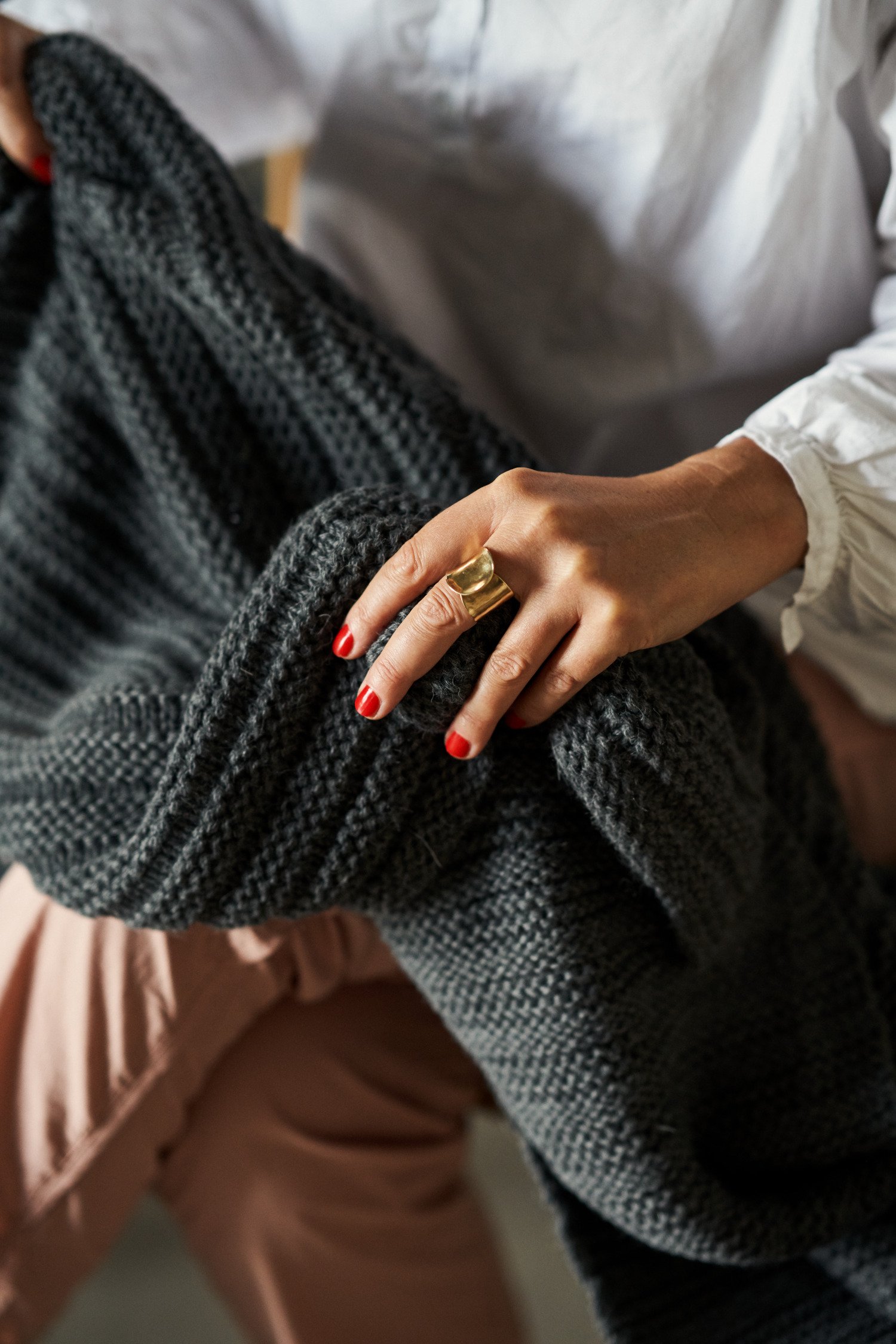
On the series of Aiayu for Muuto home textiles, Høgh Heilmann explains: “The series is a well-balanced variation of the core values that are important to us in relation to Bolivia. Our ambition is to emphasize that it is possible to run a profitable business through a sustainable production. Some of the products are machine-made while others express the traditional craftsmanship of Bolivian hand knitting. Common for all products in the series is the use of baby llama wool, being both hypoallergenic and highly durably as it does not peel. Products made in baby llama wool are very resistant to stretching and will retain their shape over time.”
Baby llama wool describes the highest quality of llama wool with the word “baby” referring to the inherent softness of the llama wool. The llamas from which the wool is sourced walk freely in flocks with their herders in the Bolivian highlands. The llamas are owned by multiple families who identify their llamas by the colored tassels on the llama’s ears.
Once the hair of the llama has reached the desired length, the llamas are sheared to obtain the raw fiber for the baby llama wool—this happens about twice a year as it takes roughly six months for the hair of the llama to naturally regenerate to once more.
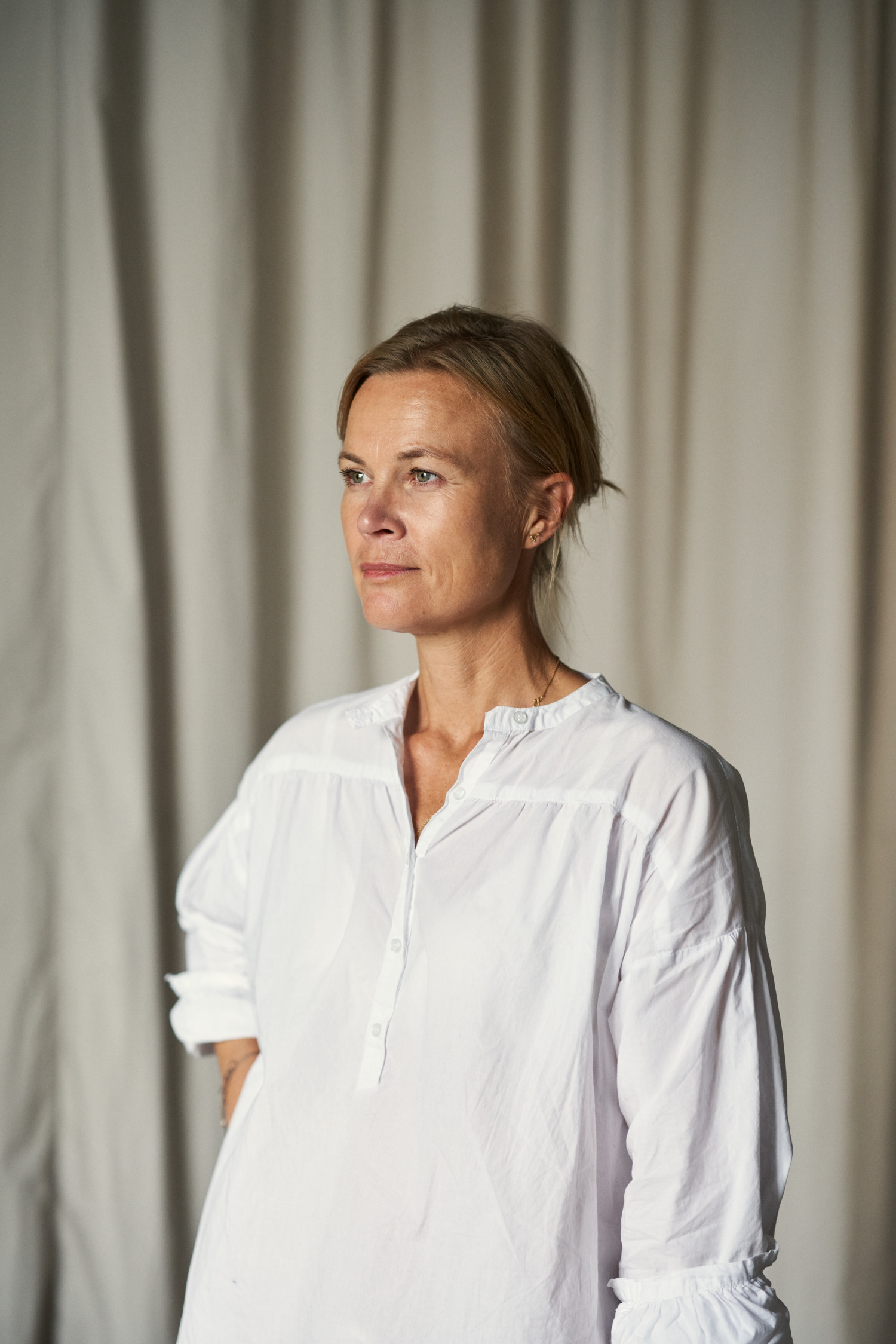
Speaking on Aiayu’s approach to Scandinavian design and how the brand is connected to it, Høgh Heilmann says: “Scandinavian design is unpretentious, simple and durable—all values that Aiayu stands for. With our changing seasons, we like for our homes to be a domestic base; a natural extension of the fact that we use our homes more during the darker months.”
On what Aiayu and Muuto have in common, Høgh Heilmann ends: “Our heritage is founded in Scandinavian design—we both dare to create products in new ways, giving Scandinavian design a new perspective.”
Read more about the production in Bolivia here.
